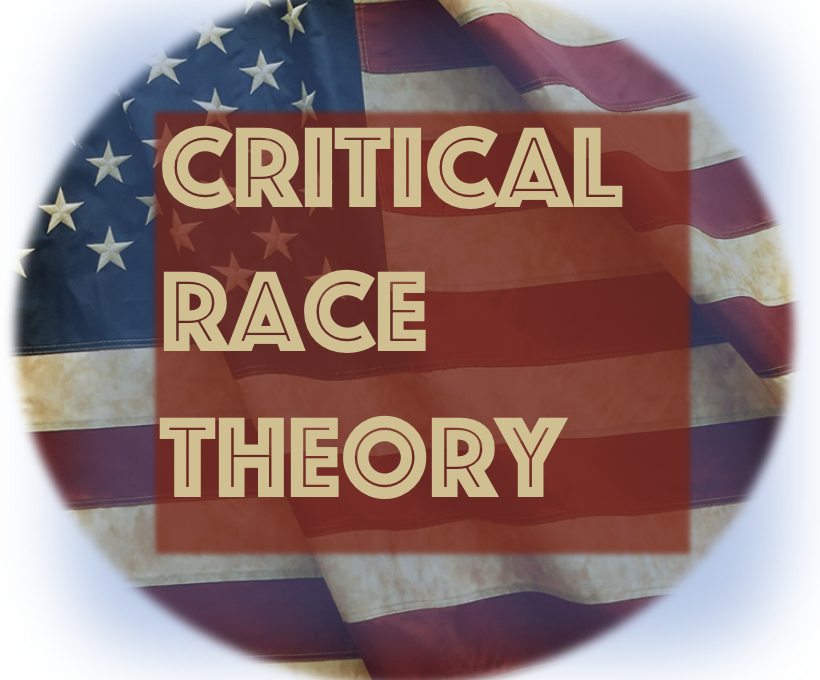Trump and Putin cases put justice systems under stress tests.
The law is a human creation. It works best when we all believe it is fair. But the legal system is a limited and imperfect tool for achieving justice. This past week, stories involving Vladimir Putin and Donald Trump remind us that “the rule of law” is limited by political power. In both cases, we’ve heard the phrase “no one is above the law.” But that is an aspiration, not a fact.
Consider the indictment of Russian president Vladimir Putin for war crimes. The International Criminal Court in The Hague claims that Putin is responsible for the crime of unlawfully deporting Ukrainian children to Russia. Putin is likely responsible for a variety of other war crimes. The United Nations has accused Russian forces of war crimes including killing noncombatants, rape, and torture. The U.S. has made similar accusations.
But the ICC cannot go to Russia and arrest Putin, bring him to The Hague, and put him on trial. The jurisdiction of the ICC is not recognized by Russia. Nor is it recognized by the United States, China, or Ukraine. The court is basically powerless to bring to justice any war criminal from those countries. This shows us how far away we are from a global system of criminal justice that would promote world peace.
As the Ukrainian tragedy unfolds, a comedy plays out in the U.S. starring Donald Trump. Trump warned he would be indicted in New York this last Tuesday for paying porn star Stormy Daniels to stop claiming she had an affair with him. The GOP candidate for president called for his supporters to protest and “take our nation back.” In his all-caps rants on Truth Social, Trump claims that the justice system is run by “animals and thugs” and “racists” who let “murderers, rapists, and drug dealers walk free” and who are “purposefully destroying our country.”
In response, barricades were set up around the Manhattan courthouse, the D.A.’s office, and around Trump Tower. And then, nothing happened on Tuesday. Perhaps the D.A. flinched. But the fact remains that Trump’s strategy is to discredit the entire legal apparatus.
And yet, there is the risk of this American comedy devolving into tragedy, if Trump is indicted. What if Trump refuses to appear in the Manhattan court — a court whose legitimacy he rejects? What if his supporters surrounded Mar-a-Lago trying to prevent him from being arrested and extradited? And what if Kevin McCarthy, the speaker of the House, joined Trump at Mar-a-Lago? McCarthy has also accused the Manhattan district attorney of “an outrageous abuse of power” in the porn-star case. What then would Florida governor Ron DeSantis do? Would he refuse to extradite Trump?
These what-ifs may seem unlikely. But after the Jan. 6, 2021 riot at the U.S. Capitol, these things are not unimaginable. And it’s not only Jan. 6 that exposes the fragility of our system. Many Americans seem to agree with Trump’s basic complaint that the American justice system is unjust.
On the left, critics complain about police brutality, racial profiling, racial disparities in sentencing, and white supremacy in the criminal justice system. On the right, critics complain of a “weaponized” FBI, maintaining that the U.S. Department of Justice has tyrannized the “patriots” of Jan. 6. Trump has also claimed that the Manhattan D.A. — who is Black — is racist against him, while suggesting that the Federal DOJ is a “Department of Injustice.”
Our domestic distrust and polarization runs parallel to the problem with Putin and the ICC. Russia and the U.S. refuse to recognize the ICC. And in the U.S., leftists and Trumpians each question the legitimacy of the American system. But systems of justice do not work if there is no agreement about the impartiality and jurisdiction of the courts.
This crisis of legitimacy is dispiriting if we believe in “liberty and justice for all.” Of course, the law has never been perfect. The legal system is a human creation, built out of crooked timber. It depends on the good will of legislators, judges, lawyers, cops and citizens.
History reminds us that when good will is lacking, these systems fail and collapse. These are cynical times. But it’s still up to “we, the people” to fix what is broken and imagine how we might create fairer, and more universal systems of justice.
Read more at: https://www.fresnobee.com/opinion/readers-opinion/article273527440.html#storylink=cpy




